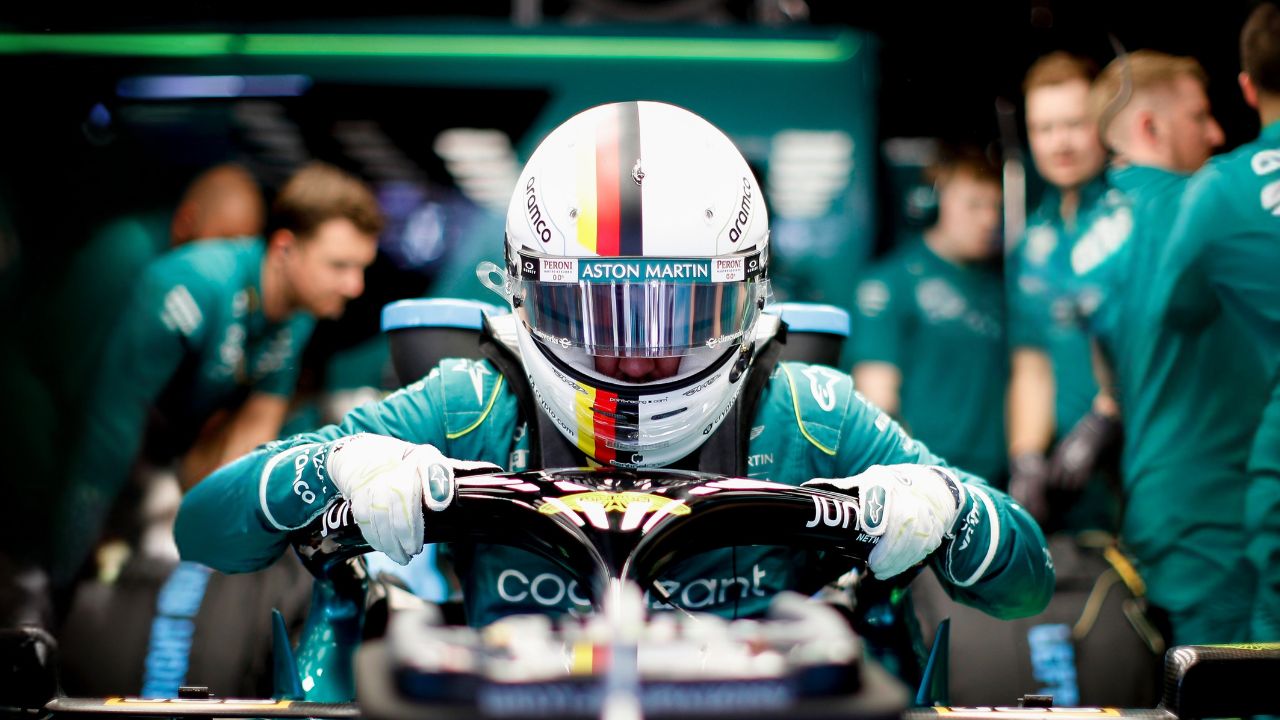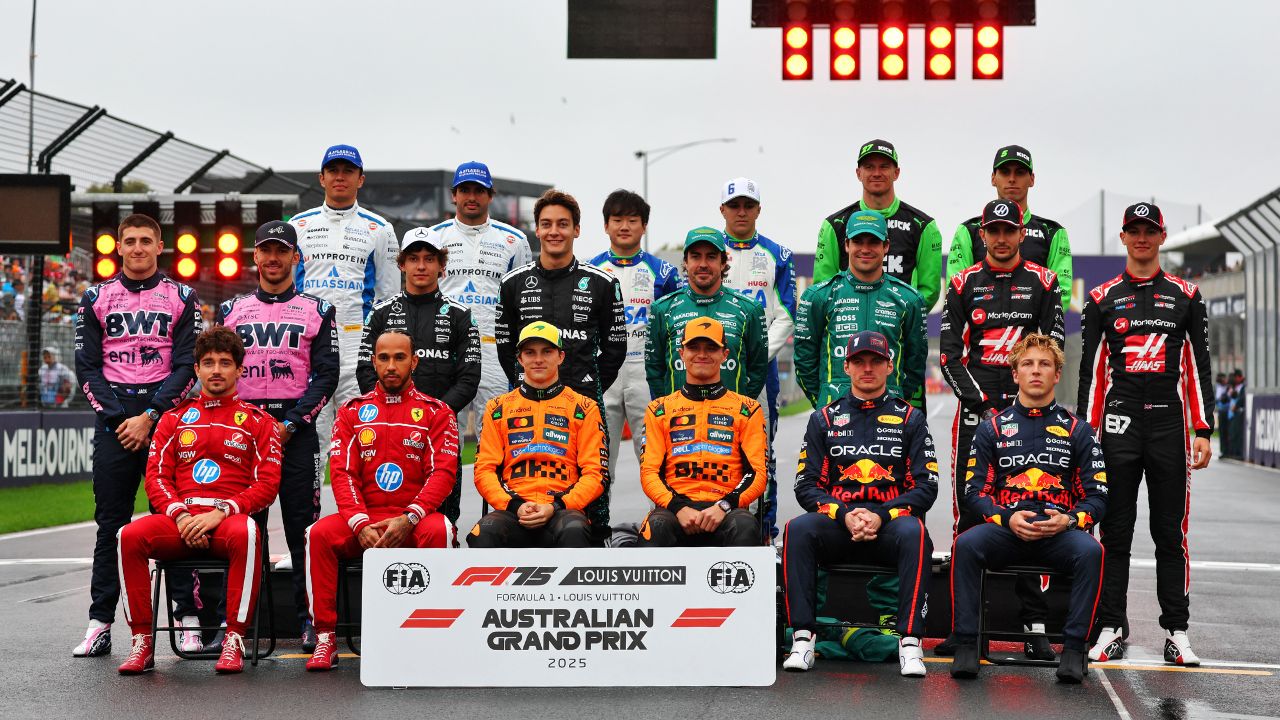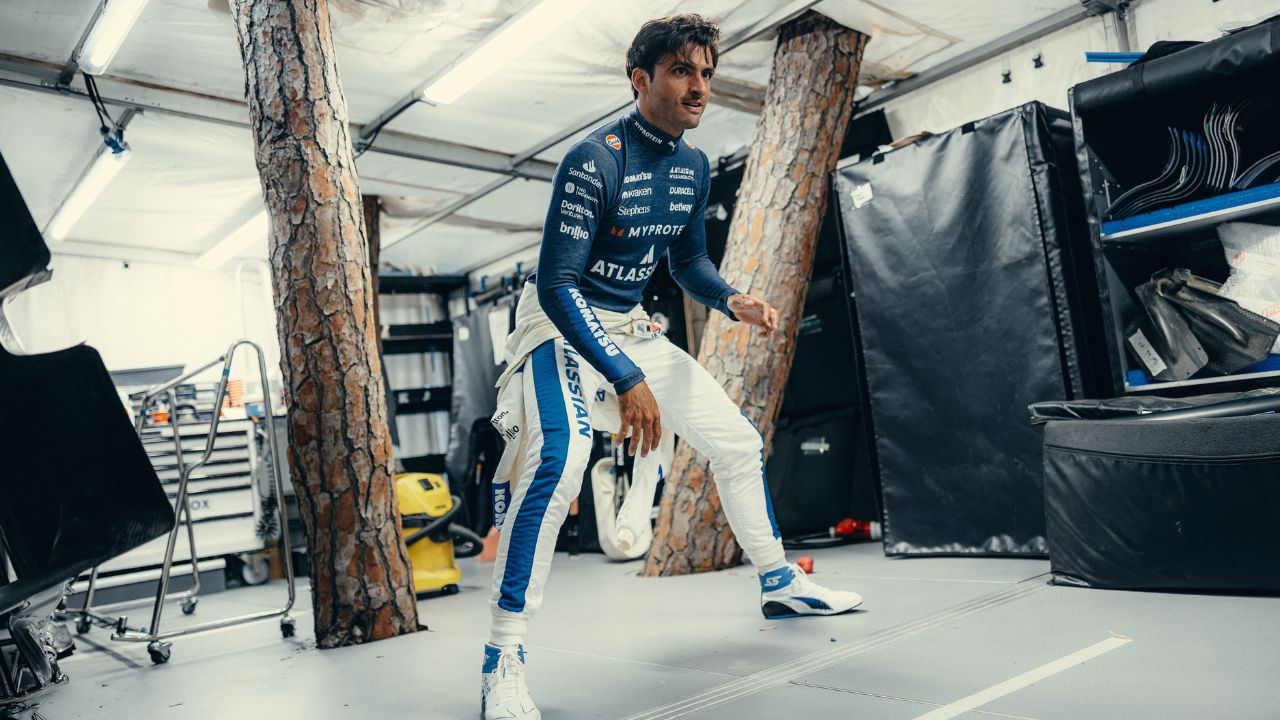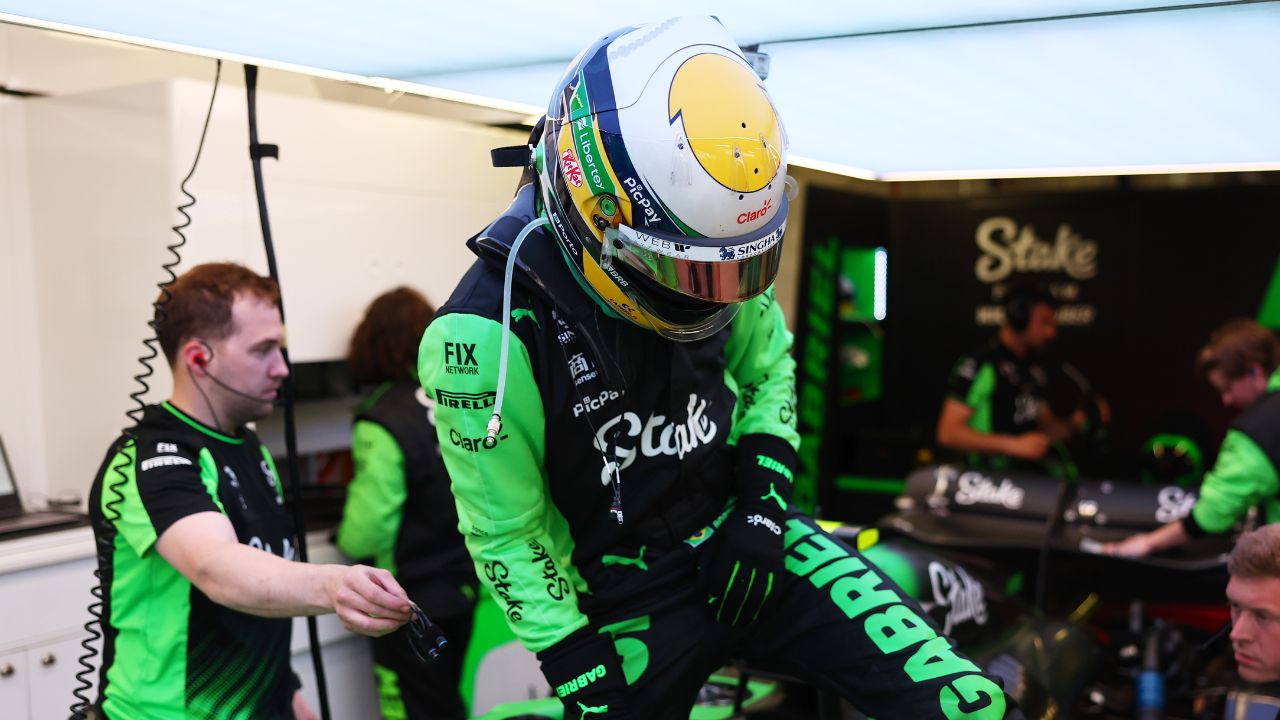
Explore the quiet power of superstition in Formula One
In Formula 1, where races are decided by milliseconds and entire seasons can turn on a single pit stop, preparation is everything.
But even in this world of science and precision, luck still plays a curious role.
Michael Schumacher, one of the sport’s greatest legends, famously carried a small pink hairbrush belonging to his daughter, Gina Maria, during his peak years with Ferrari.
It wasn’t for aerodynamics or grip; but for comfort, focus, and perhaps, a sense of control in an unpredictable sport.

Sebastian Vettel, a four-time world champion, had his own rituals. Among his most cherished: a silver coin with Saint Christopher, the patron saint of travellers, gifted by his grandmother.
But Vettel was pragmatic at heart, once stating, “Everyone is the architect of their own fortune.”
Lewis Hamilton, also a multiple-time champion, agrees — to a point. “Success is not luck,” he says. “It’s hard work, learning, making sacrifices, and, above all, loving what you do.”
Still, early in his career, Hamilton kept a lucky conker in his race suit and followed a strict sequence — until it let him down. “I got it wrong and crashed. After that, I decided, ‘No ritual.’” His takeaway: trust preparation over patterns.
Max Verstappen, the reigning world champion, sees luck as part of the puzzle, but not the whole picture.
You might also like: All the best sporting events in Abu Dhabi 2025
“I’ve worked my whole life to be successful in racing. You just need the luck that you’re in the right team, at the right place, and are dominant for a long time. And that doesn’t always happen.”
Others openly wrestle with fate. After eight consecutive races without scoring points, Fernando Alonso famously radioed his Aston Martin team: “I must be the unluckiest driver in the world.” He scored points at the very next race.
At McLaren, where team sponsor Allwyn is a lottery company, Lando Norris puts it plainly: “You need luck every now and then!”
His teammate Oscar Piastri adds: “A large majority of it is hard work and determination. But in F1, there’s an element of timing. I had to wait for my time to come.”
Some drivers embrace rituals as a mental anchor. Mercedes junior Kimi Antonelli admits, “I’m a very superstitious guy. I always do the same warm-up, follow the same routine, and have a little ritual before getting into the car.”
His teammate George Russell used to be the same — until results shifted. “I used to be superstitious when I was winning a lot,” he says. “But then I had one season where I didn’t win the championship and I thought, ‘This isn’t working.’ That was the end of it.”
Carlos Sainz offers a grounded take: “There’s always luck involved. This isn’t a 100-metre sprint where it’s just you and your legs. So many variables can go against you; that’s what makes this sport both frustrating and incredibly rewarding.”

Cultural roots shape superstition too. Alpine’s Franco Colapinto explains, “Latin Americans are superstitious. I do small things that help me feel more comfortable when I jump in the car.”
Even stepping into the car can become ritual. Gabriel Bortoleto of Sauber enters from the left with his right foot first.
Racing Bulls driver Isaak Hadjar does the same but calls it muscle memory: “We’ve done it since we were kids. If I try the other side, I don’t even know how to do it.”
His teammate Liam Lawson agrees — but prefers mental tuning over superstition. “Everyone has a ritual. We spend a lot of time getting into the right mindset, zoning in.”
Lawson listens to music that changes with each location — from New Zealand classics to American country — but avoids lucky items entirely.
“I’d forget it one day, and it would mess with my head. Better not to start.”

In a sport governed by data, engineering, and elite skill, these personal quirks reveal a more human side of Formula 1.
Whether it’s a coin, a brush, or a song, each ritual offers a small sense of control — in a sport where so much can go wrong, so quickly.
As the engines roar and the lights go out, one thing remains true across the grid: in Formula 1, luck may not win you the championship — but it just might help you survive the season.
Follow Yalla for all the latest news
